Buy this bird art Birds of Costa Rica: Keel-billed Toucan by Rini Kools on canvas, ArtFrame, poster and wallpaper, printed on demand in high quality.
About "Birds of Costa Rica: Keel-billed Toucan"
by Rini Kools
About the artwork
The keel-billed toucan (Ramphastos sulfuratus), also known as sulfur-breasted toucan, keel toucan, or rainbow-billed toucan, is a colorful Latin American member of the toucan family. It is the national bird of Belize. The species is found in tropical jungles from southern Mexico to Ecuador. It is an omnivorous forest bird that feeds on fruits, seeds, insects, invertebrates, lizards, snakes, and small birds and their eggs.
The keel-billed toucan can be found from Southern Mexico to Venezuela and Colombia. It roosts in the canopies of tropical, subtropical, and lowland rainforests, up to altitudes of 1,900 m (6,200 ft). It roosts in holes in trees, often with several other toucans. This can be very cramped, so the birds tuck their tails and beaks under their bodies to keep their body temperature at a normal level while sleeping. Adding to the lack of space, the bottoms of the holes are often covered with pits from the fruit the toucans have eaten.
Like many toucans, keel-billed toucans are very social birds, rarely seen alone. They fly in small flocks of approximately six to twelve individuals through lowland rainforests. Their flight is slow and undulating, consisting of rapid wing beats (six to ten), then a glide with the bird's beak extending forward and dipping downward as though pulling the rest of the bird. Their feet are drawn up forward in flight. The flight distances are typically short.
The diet of keel-billed toucans consists mostly of a wide range of fruit, but may also include insects, eggs, nestlings and lizards. The bill, surprisingly dexterous, allows this toucan to utilize a large variety of fruit that might not otherwise be reached.

About Rini Kools
Photographer who specializes in birds, mammals, landscapes, professional bike racing and portraits. I preferably use my Nikon cameras D850 en D750... Read more…
 Netherlands
Netherlands Ordered in February 2018
Ordered in February 2018
 Netherlands
Netherlands Ordered in March 2020
Ordered in March 2020
 Netherlands
Netherlands Ordered in December 2023
Ordered in December 2023
 Netherlands
Netherlands Ordered in August 2019
Ordered in August 2019
 Germany
Germany Ordered in February 2020
Ordered in February 2020
 Germany
Germany Ordered in June 2020
Ordered in June 2020
 Germany
Germany Ordered in May 2021
Ordered in May 2021
 Germany
Germany Ordered in May 2021
Ordered in May 2021
 Netherlands
Netherlands Ordered in March 2023
Ordered in March 2023
 Germany
Germany Ordered in February 2025
Ordered in February 2025
 Netherlands
Netherlands Ordered in October 2017
Ordered in October 2017
 Netherlands
Netherlands Ordered in July 2017
Ordered in July 2017
About the material
ArtFrame™
Interchangeable Art Prints
- High-quality print
- Easily interchangeable
- Acoustic function
- Large sizes available
Discover the artworks of Rini Kools
 Sleeping LionsRini Kools
Sleeping LionsRini Kools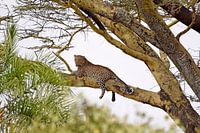 LeopardRini Kools
LeopardRini Kools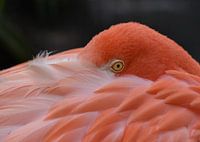 Cuban or Red FlamingoRini Kools
Cuban or Red FlamingoRini Kools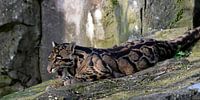 Clouded LeopardRini Kools
Clouded LeopardRini Kools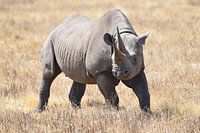 Black rhinoRini Kools
Black rhinoRini Kools Sunset in Tarangire National Park, TanzaniaRini Kools
Sunset in Tarangire National Park, TanzaniaRini Kools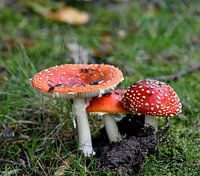 Autumn: the colourful fly agaric (Amanita muscaria)Rini Kools
Autumn: the colourful fly agaric (Amanita muscaria)Rini Kools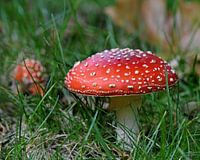 Autumn: the colourful fly agaric (Amanita muscaria)Rini Kools
Autumn: the colourful fly agaric (Amanita muscaria)Rini Kools Zeeland, the beach at Zoutelande, WalcherenRini Kools
Zeeland, the beach at Zoutelande, WalcherenRini Kools The white town of Thorn in Limburg, the NetherlandsRini Kools
The white town of Thorn in Limburg, the NetherlandsRini Kools Daffodils, hyacinths and tulips in bloom in the bulb growing region of the NetherlandsRini Kools
Daffodils, hyacinths and tulips in bloom in the bulb growing region of the NetherlandsRini Kools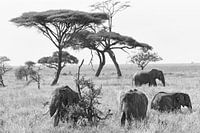 African Wildlife in black and white: Group of African elephants on the grassy plains of Serengeti NaRini Kools
African Wildlife in black and white: Group of African elephants on the grassy plains of Serengeti NaRini Kools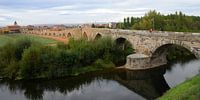 Orbigo Bridge (Puente de Órbigo), an important landmark for pilgrims on the Camino de SantiagoRini Kools
Orbigo Bridge (Puente de Órbigo), an important landmark for pilgrims on the Camino de SantiagoRini Kools The Col du Galibier (2642 m) is a mountain pass in the French AlpsRini Kools
The Col du Galibier (2642 m) is a mountain pass in the French AlpsRini Kools The Col du Galibier (2642 m) is a mountain pass in the French AlpsRini Kools
The Col du Galibier (2642 m) is a mountain pass in the French AlpsRini Kools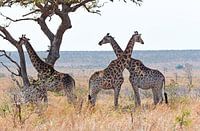 Giraffe on the savannah in Kruger National ParkRini Kools
Giraffe on the savannah in Kruger National ParkRini Kools On safari in Africa: Group of zebras drinking at a waterholeRini Kools
On safari in Africa: Group of zebras drinking at a waterholeRini Kools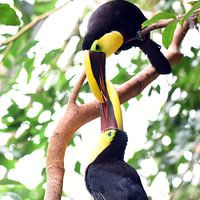 Black-billed toucan, a large toucan species from Central and South AmericaRini Kools
Black-billed toucan, a large toucan species from Central and South AmericaRini Kools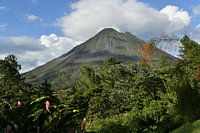 View of the Arenal volcano in Costa RicaRini Kools
View of the Arenal volcano in Costa RicaRini Kools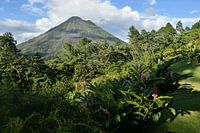 View of the Arenal volcano in Costa RicaRini Kools
View of the Arenal volcano in Costa RicaRini Kools
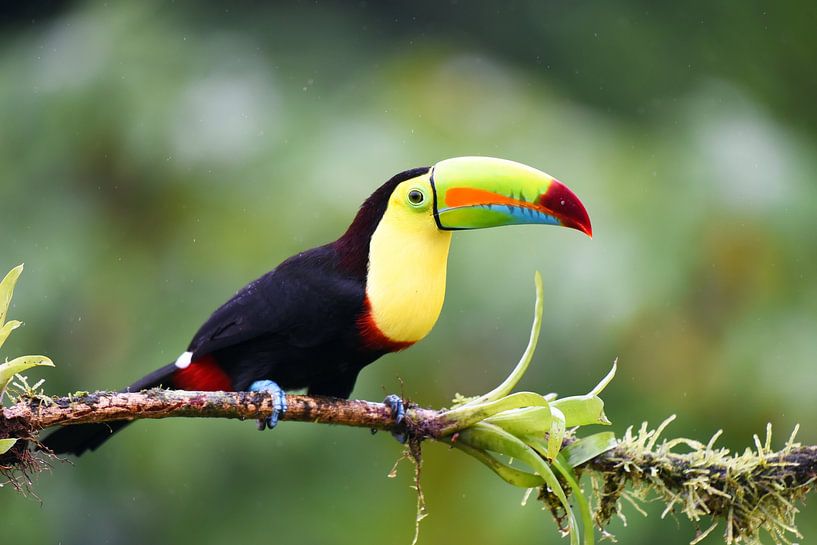












 Animals
Animals Birds
Birds Costa Rica
Costa Rica National parks
National parks Nature and weather
Nature and weather Photo wallpaper
Photo wallpaper Photography
Photography Toucan
Toucan Vibrant Colors
Vibrant Colors Waiting room
Waiting room Wildlife photography
Wildlife photography









